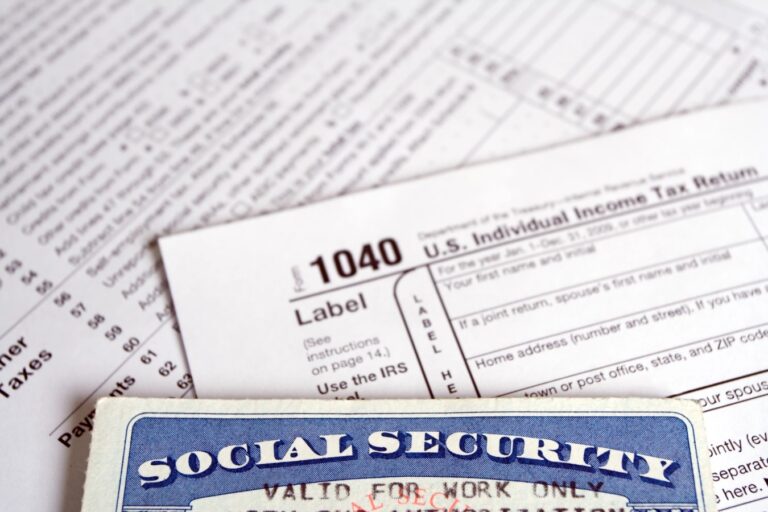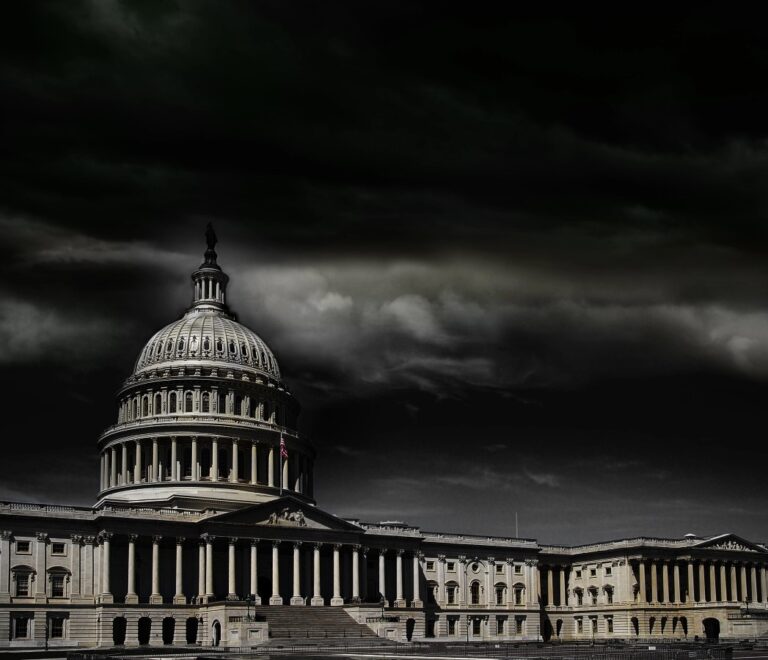Democrat Rep. Jasmine Crockett Pushes New Bill to Halt Student Loan Payments for Federal Workers During Shutdown
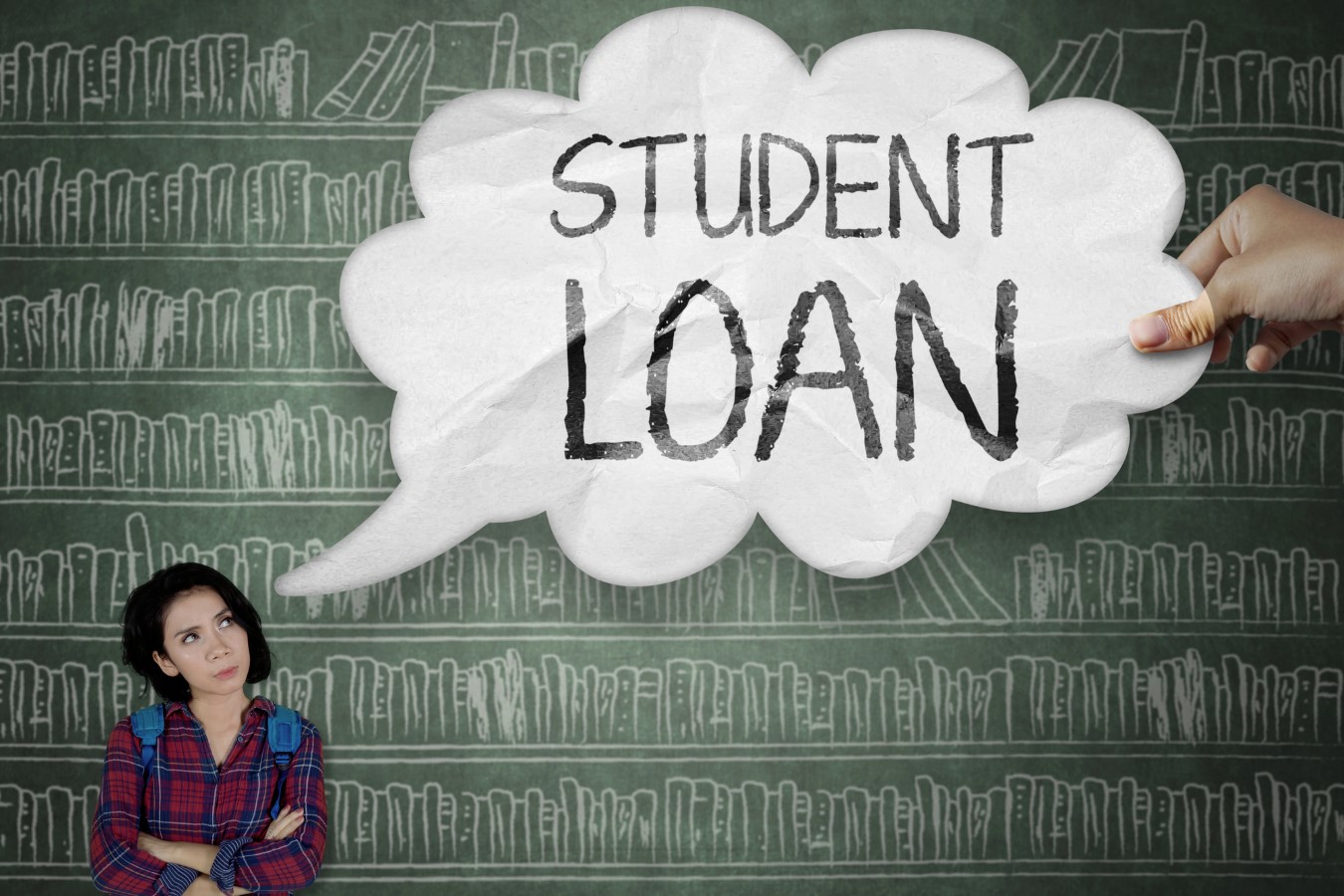
As the federal government shutdown drags into its fourth week, roughly 750,000 federal employees remain without pay. Many are now struggling to cover bills and meet student loan obligations; a situation one Democratic lawmaker says her new bill is designed to fix.
The HELP FEDs Act: What It Does

Representative Jasmine Crockett (D-Texas) introduced the Halting Education Loan Payments during Federal Employment Disruptions Act, known as the HELP FEDs Act, to temporarily pause student loan payments for federal workers affected by the shutdown.
The measure would:
Automatically suspend student loan payments and interest accrual for any federal employee furloughed or working without pay during a shutdown.
Prohibit late fees, penalties, and adverse credit actions for missed payments tied to a lapse in federal funding.
Require the Department of Education—in consultation with the Department of Personnel Management, the Administrative Office of the U.S. Courts, the Clerk of the House, and the Secretary of the Senate—to issue clear regulations and guidance to swiftly implement these protections..
Why It’s Being Proposed

According to Crockett’s office, millions of Americans are already struggling with student loan repayment, and the current shutdown could push thousands of federal employees even further behind. The bill aims to prevent missed payments from snowballing into defaults or damaged credit during the funding lapse.
Crockett’s Statement

In announcing the proposal, Crockett blamed the ongoing shutdown on Republican leadership.
“Federal workers have faced unprecedented challenges over the last ten months, and now, because of the Republicans’ shutdown, they’re being forced to shoulder even more financial strain,” said Congresswoman Jasmine Crockett. “Missing a paycheck is stressful enough. But being penalized for missing student loan payments you can’t make because the government stopped paying you? That’s unconscionable. These are hardworking public servants keeping our country running—they deserve protection, not punishment.”
What This Bill Means for Students and Federal Staff

For those federal employees in the shutdown gap, the bill promises real relief: suspension of payments, no interest growth, no credit hits; at least on paper. It could avoid a cascade of personal financial disasters stemming from something beyond their control.
But it is important to note that this relief is contingent on passage of the law; and effective agency action; which may not come in time to stop all the damage.
Political Context: A Divided Washington

The shutdown has entered its 28th day amid partisan deadlock
Republicans accuse the Democrats of triggering unnecessary hardship by refusing to vote on a clean funding bill.
Fiscal Concerns and GOP Resistance

While the proposal targets a narrow group of borrowers, some Republicans have expressed skepticism toward new federal relief programs tied to student debt. They argue that such measures; however temporary, risk expanding federal spending and setting new precedents for selective loan pauses whenever a political standoff occurs.
The Congressional Budget Office (CBO) finds extending the expiring premiums would increase the deficit by roughly $350B through 2035.
Implementation Hurdles Ahead
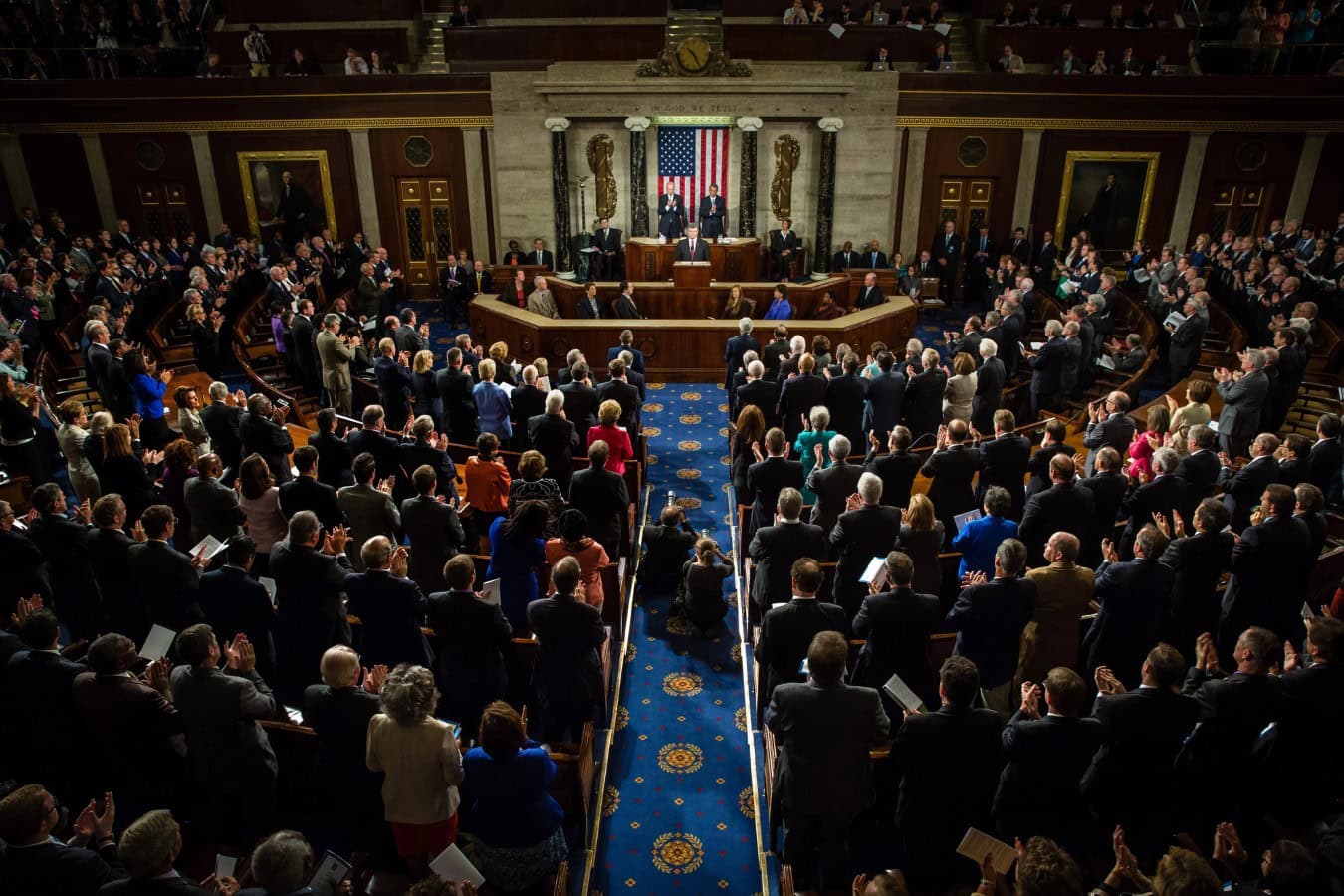
Even if the bill gains traction in the House, it would still need to pass the Senate and reach the president’s desk before taking effect.
Given the divided government and competing shutdown priorities, the HELP FEDs Act faces an uphill climb in the legislative process.
Broader Context: Student Debt Still a Flashpoint
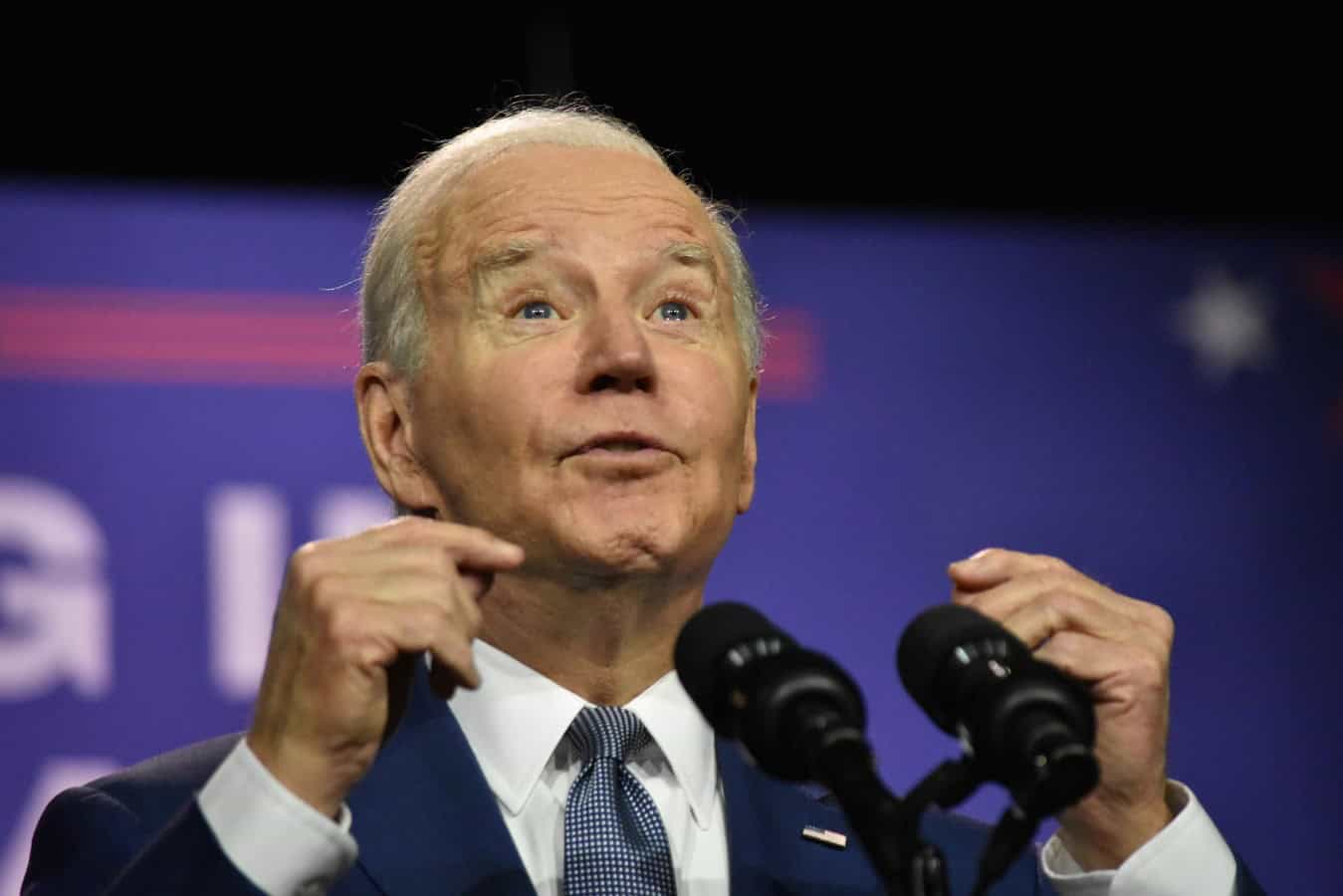
The Biden administration’s broader efforts to forgive or pause student debt have faced repeated court challenges and strong opposition from fiscal conservatives.
This latest proposal, while limited to shutdown-affected workers, adds to the ongoing debate over how much relief Washington should provide to borrowers.
A Shutdown Standoff Puts Federal Workers in Financial Limbo

Rep. Jasmine Crockett’s bill reflects Democrats’ continued push to tie financial relief to federal worker protections during shutdowns.
Supporters say it’s a common-sense safeguard for those caught in the middle of political gridlock. Critics counter that it’s another short-term fix that sidesteps the larger debate over government spending and accountability.
Either way, the HELP FEDs Act underscores how the shutdown’s ripple effects are now extending beyond federal paychecks; into America’s already fragile student loan system.
Like Financial Freedom Countdown content? Be sure to follow us!
Why Many Seniors Are Ditching Medicare Advantage for Medigap; Even With Higher Premiums

As Medicare open enrollment heats up, millions of seniors are facing one of the most consequential financial decisions of retirement: whether to stay with a Medicare Advantage plan or switch to a Medicare supplemental policy; better known as Medigap. The choice doesn’t just determine monthly costs; it can also affect access to doctors, treatment options, and out-of-pocket spending for years to come.
Why Many Seniors Are Ditching Medicare Advantage for Medigap; Even With Higher Premiums
Zillow’s Creepy-Cute List Of 13 American Towns Where Halloween Never Ends

For millions of Americans, Halloween isn’t confined to October 31. It’s an aesthetic, a mindset, and in some cases, a real estate priority. Zillow has revealed 13 “boo-tiful” towns across the U.S. where the spooky season never truly ends; and where homebuyers can find both charm and community alongside cobwebs and carved pumpkins.
Zillow’s Creepy-Cute List Of 13 American Towns Where Halloween Never Ends
Social Security’s 2.8% COLA Raise Could Be Wiped Out by Soaring Medicare Costs, Experts Warn

The Social Security Administration announced that monthly benefits will increase by 2.8% in 2026, slightly above this year’s 2.5% cost-of-living adjustment (COLA). While the news might sound positive, many seniors say it’s far from enough to keep pace with the surging cost of everyday necessities.
Social Security’s 2.8% COLA Raise Could Be Wiped Out by Soaring Medicare Costs, Experts Warn
Big 2026 Refunds Ahead as Trump’s Tax Bill Kicks In, JPMorgan and Oxford Economics Say
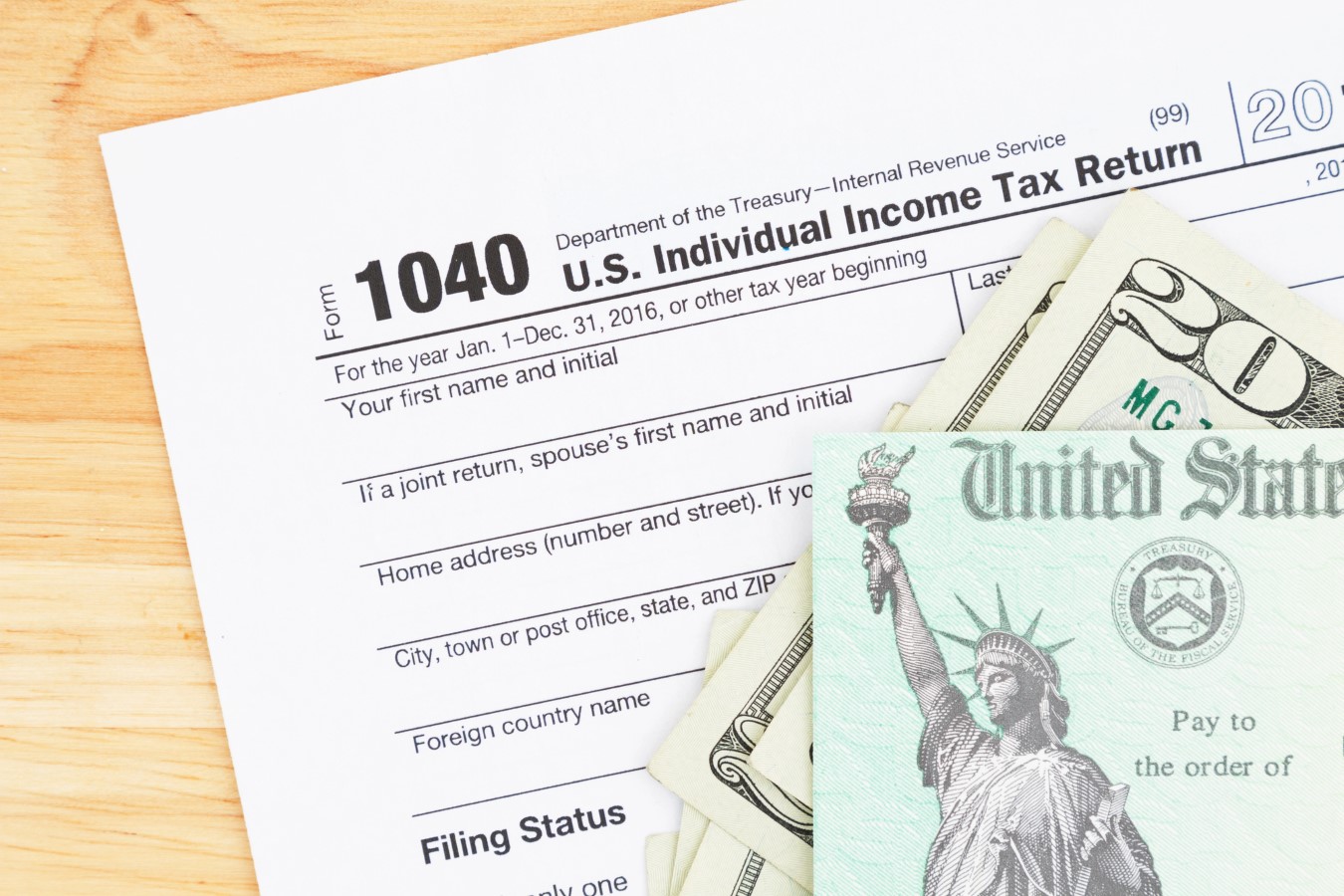
Millions of Americans could see significantly larger tax refunds when they file their 2025 returns early next year; and both Oxford Economics and JPMorgan Asset Management say the surge is real. The driver behind the coming “refund wave” is former President Donald Trump’s “One Big Beautiful Bill Act,” a sweeping tax overhaul that took effect retroactively at the start of 2025. Both research firms say the combination of new deductions, delayed IRS withholding adjustments, and expanded tax breaks will result in tens of billions in overpaid taxes being refunded in 2026. Oxford Economics estimates that total taxpayer savings could reach $50 billion through bigger refunds or lower 2026 tax bills. JPMorgan’s strategists say the early-year refund bump could be strong enough to noticeably lift household spending and short-term economic growth.
Big 2026 Refunds Ahead as Trump’s Tax Bill Kicks In, JPMorgan and Oxford Economics Say

Did you find this article helpful? We’d love to hear your thoughts! Leave a comment with the box on the left-hand side of the screen and share your thoughts.
Also, do you want to stay up-to-date on our latest content?
1. Follow us by clicking the [+ Follow] button above,
2. Give the article a Thumbs Up on the top-left side of the screen.
3. And lastly, if you think this information would benefit your friends and family, don’t hesitate to share it with them!

John Dealbreuin came from a third world country to the US with only $1,000 not knowing anyone; guided by an immigrant dream. In 12 years, he achieved his retirement number.
He started Financial Freedom Countdown to help everyone think differently about their financial challenges and live their best lives. John resides in the San Francisco Bay Area enjoying nature trails and weight training.
Here are his recommended tools
Personal Capital: This is a free tool John uses to track his net worth on a regular basis and as a retirement planner. It also alerts him wrt hidden fees and has a budget tracker included.
Platforms like Yieldstreet provide investment options in art, legal, real estate, structured notes, venture capital, etc. They also have fixed-income portfolios spread across multiple asset classes with a single investment with low minimums of $10,000.

